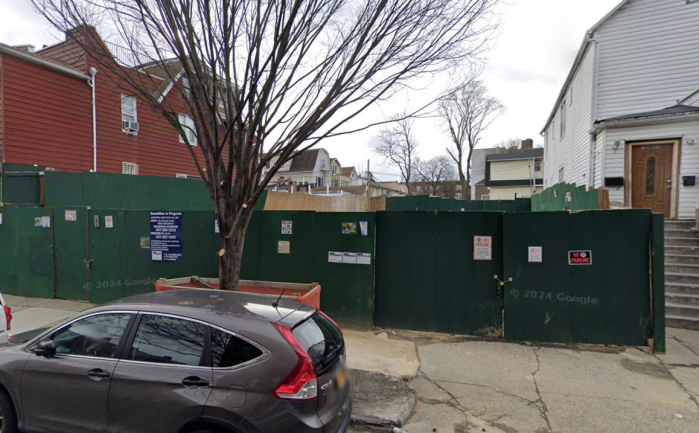It seems that everywhere I go in Brooklyn these days, I smell pot.
Though I do live on the border of Bedford-Stuyvesant, such scents are no longer purely associated with the gritty atmospherics celebrated in hip-hop (“Bed-Stuy, stay high in my neck of the woods,” Jay Z urged in a 2008 paean to the neighborhood).
The perfume of cannabis wafts not only through my now-gentrifying neighborhood, but also through comfortably upper-middle class Carroll Gardens, where I notice it on my way to pick up my son at school. I also catch more than a whiff during the kids’ evening soccer practice at Bushwick Inlet Park in Greenpoint, surrounded by luxury condos.
To some New Yorkers, the omnipresence of marijuana may feel like a return to the chaotic 1970s, when the city was plagued by crime. But the widespread aroma of this oft-maligned plant is the result of sensible policy.
When Brooklyn District Attorney Kenneth Thompson said last year his office would cease to prosecute many low-level pot arrests, he cited “the burdens . . . on the system and on the individual” posed by the more than 8,500 arrests for marijuana possession each year in the borough. He called the policing of small amounts of pot “an endeavor that has no public safety benefit.” Thompson also pointed out the racial disparities in marijuana enforcement, with far more black New Yorkers arrested than others.
A few months later, Mayor Bill de Blasio said the NYPD would treat the possession of small amounts of marijuana as a violation (like failing to move your car during street cleaning), issuing summonses rather than arresting offenders. Though the police department leadership opposed that change, the number of arrests has dropped (and summonses have not increased, suggesting that cops are just looking the other way).
Easing up on small amounts of pot causes no harm. Limiting the number of ways police could arrest civilians for smoking weed means fewer lives are touched by the criminal justice system.
Some may not like the smell, or its association with lawlessness, but the policy is smart.
Liza Featherstone lives and writes in Clinton Hill.






























